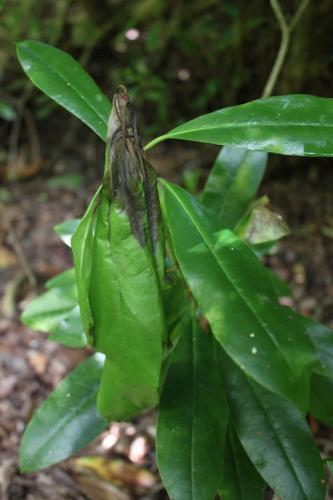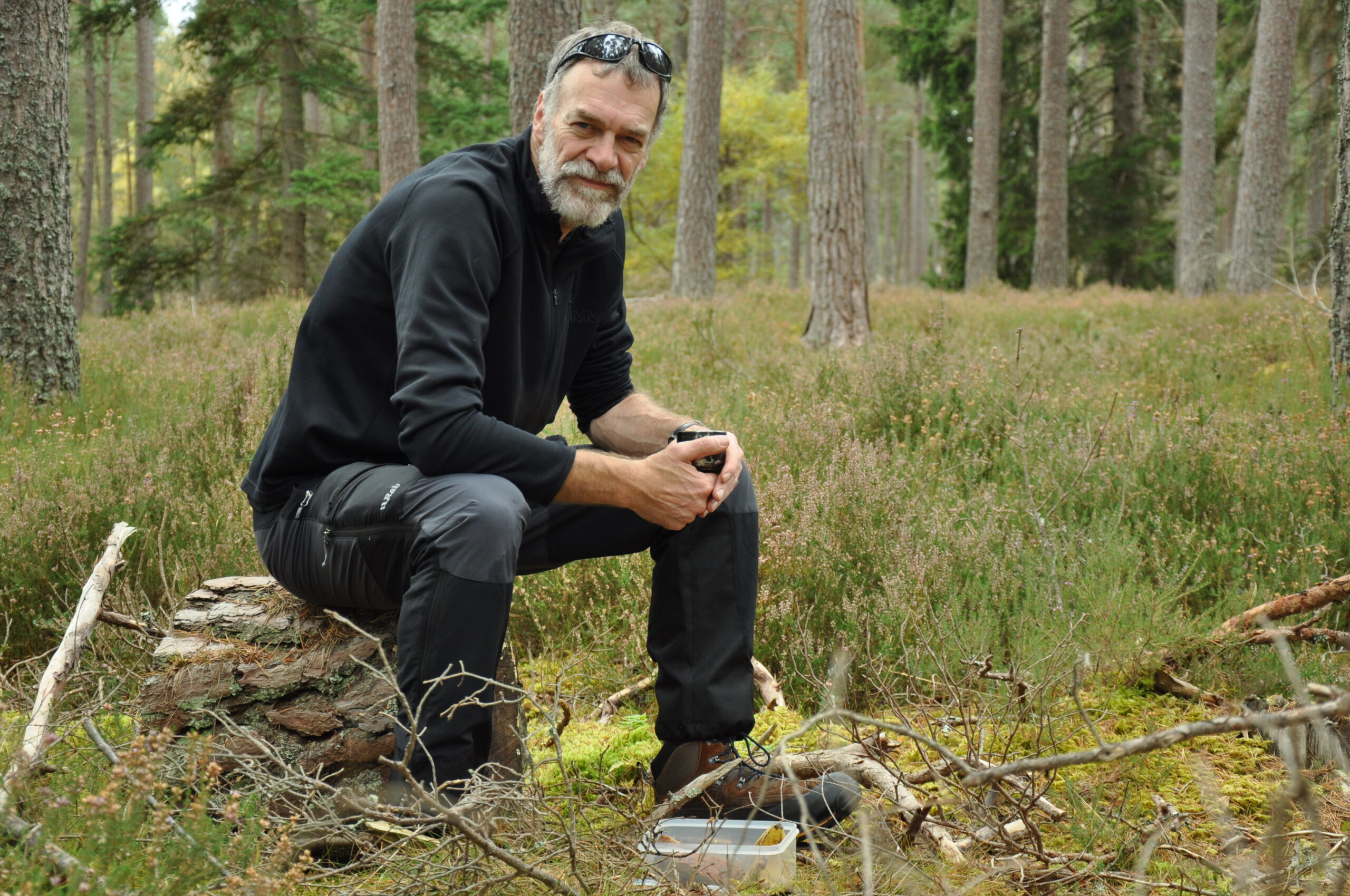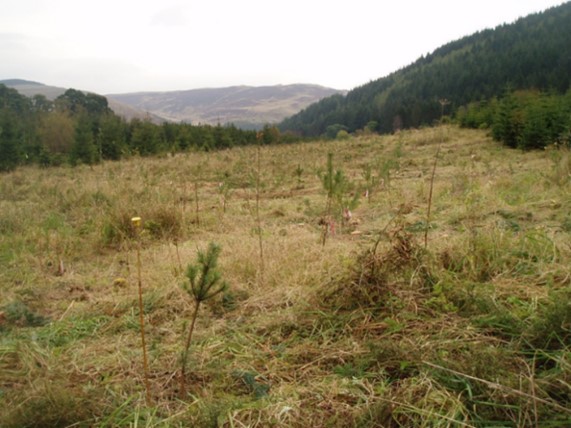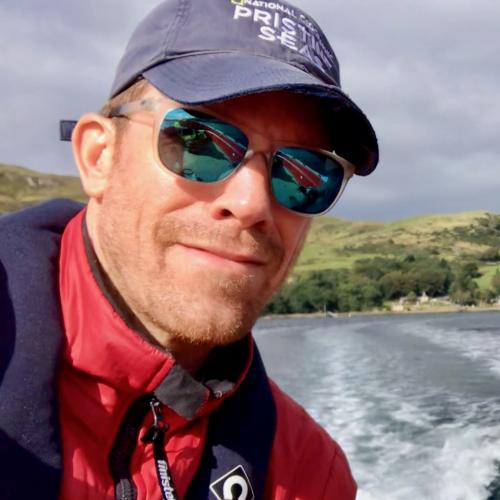Introducing Scottish scientists using environmental DNA
Continued advances in the throughput, accuracy and cost-effectiveness of DNA sequencing technology are yielding huge opportunities to study individual organisms or communities at an unprecedented level of detail. Here at the Hutton, environmental DNA (eDNA for short) is in a board range of projects, and we’re launching a series of blogs profiling some of the Hutton researchers and their collaborators who are using this transformative technology.
While the areas we’ll delve into might seem eclectic, ranging from trees to microbes, it helps to show the diversity of application areas across all our science departments. We hope by highlighting this range we can help to build new collaborations.
We hope you enjoy learning about those in first tranche: David Cooke, Andy Taylor, Sue Jones and Will Goodall-Copestake.
David Cooke
David Cooke(CMS) is an expert on Phytophthoras, a group of fungal-like organisms which include numerous plant pathogens important in both agriculture (such as the Irish Potato Famine) and forestry (for example Larch dieback).
His interest in eDNA is to examine the diversity of Phytophthora and other Oomycete taxa in crops, forests and natural ecosystems. For this, eDNA is extracted from water, soil or root samples, and a specific diagnostic region is amplified and sequenced to say which species are present – a technique known as barcoding, or metabarcoding when done at large scale. David’s group currently uses two barcodes; the Internal Transcribed Spacer 1 (ITS1) of ribosomal DNA and a mitochondrial (mtDNA) marker gene called rps10. Each has strengths and weaknesses in terms of assay specificity and sensitivity. The eDNA metabarcoding is yielding data that is proving valuable for both understanding the ecology and evolution of these important pathogens and for improving plant biosecurity and plant nursery management (e.g. the PHYTO-THREATS project in collaboration Forest Research).


Andy Taylor
Andy Taylor (ES) is a molecular fungal ecologist whose main focus is on above- and belowground interactions, in particular how fungal communities, particularly symbiotic fungi on the roots of plants, influence plant communities and nutrient cycling. His recent research has focused on identification of fungal communities in natural, particularly alpine, ecosystems. He jointly leads the Hutton side of a citizen science project, where volunteers collect soil from the Munro mountains in Scotland and the fungus biodiversity is characterised using eDNA. Andy is on the board of the global fungal reference database UNITE, which serves as a reference for studies of fungal communities.
Sue Jones
Sue Jones (ICS) is Bioinformatics Group Leader at the Hutton, whose interest in environmental DNA originates from her work on plant pathogen detection. Her current research work includes: a project to investigate how Scots Pine genotypes drive foliar microbiome composition to alter host susceptibility to the fungus that causes Dothistroma needle blight disease; the UK Crop Microbiome Cryobank project which integrates genomic data with a cryobank collection of samples for the soil microbiomes of 6 UK crop plants; and methods for human and plant virus detection in water sources.


Will Goodall-Copestake
Will Goodall-Copestake is biologist with an interest in the application of genetic tools including DNA barcoding and eDNA for ecological studies. He has previously investigated a broad range of groups from microscopic bacteria and fungi through to plants and animals, primarily in polar and sub-polar environments. Will is currently based at the Royal Botanic Garden Edinburgh where he supports the Biodiversity Genomics Europe project and acts as secretariat with Pete Hollingsworth for the Scottish DNA Hub, for whom we recently hosted a successful meeting at the Hutton Invergowrie site.
If you would like more information about the Hutton Institute’s work in eDNA, please contact Peter Cock or David Cooke, who will endeavour to connect you with the relevant person. Watch out for the next blog post with another set of profiles.
Disclaimer: The views expressed in this blog post are the views of the author(s), and not an official position of the institute or funder.
